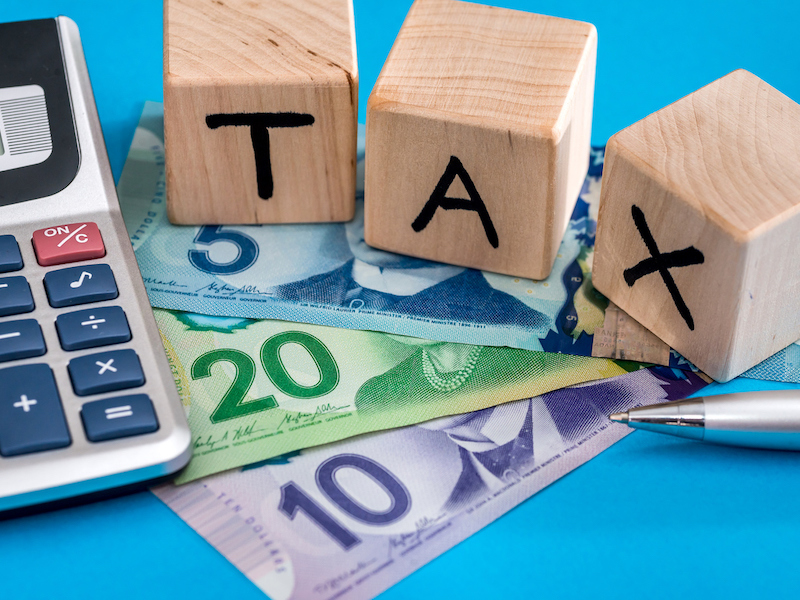Custom Home Tax Issues in Canada: What You Need to Know
If you’re a homeowner in Canada or planning to invest in property, understanding the intricate web of custom home tax issues and fees is crucial for making informed decisions. This comprehensive guide explores these issues that custom home owners and buyers should be aware of, offering insights to help you navigate the complexities of Canadian real estate taxation.
Property Taxes: Impact on Your Financial Planning
Property taxes are levied by municipal governments and are based on the assessed value of your property. The amount you pay can vary significantly depending on where your property is located and its assessed value. These taxes are not fixed and can increase over time due to changes in property assessments or municipal tax rates. It’s important for homeowners to budget for potential increases in property taxes to avoid financial strain. Understanding how property taxes are calculated and what factors influence them can help you effectively manage your financial planning as a homeowner.
Capital Gains Tax: Insights into Profit Taxation
When you sell a property in Canada, you may be subject to capital gains tax on the profit you make from the sale. This tax applies to 50% of your capital gain at your marginal tax rate. However, there are exemptions and considerations to be aware of, particularly if the property being sold is your primary residence. In most cases, the sale of a primary residence is exempt from capital gains tax, but if you’re selling a second property or an investment property, you’ll likely be liable for capital gains tax. Understanding the exemptions and eligibility criteria for these exemptions can help you minimize tax liabilities and make informed decisions about when and how to sell your property.
Land Transfer Tax: Understanding Costs and Rebates
When you purchase a property in Canada, you’re required to pay land transfer tax, which varies by province and territory. This tax is calculated based on the purchase price of the property and can represent a significant upfront cost for homebuyers. However, some provinces offer rebates for first-time homebuyers or other qualifying criteria, which can help reduce the financial burden of this tax. It’s important for prospective buyers to research the land transfer tax rates in their province and understand if they qualify for any rebates or exemptions to effectively budget for these costs when purchasing a home.
GST/HST: Impact on New Home Purchases
The Goods and Services Tax (GST) or Harmonized Sales Tax (HST) applies to the purchase of new homes in Canada, but not to resale homes. This tax is calculated as a percentage of the purchase price and can represent a significant additional cost for buyers of newly constructed or substantially renovated homes. Understanding how GST/HST applies to new home purchases and factoring these costs into your budgeting and financial planning is essential for prospective buyers to avoid unexpected financial strain.
Non-Resident Speculation Tax: Considerations for Foreign Buyers
In some provinces, non-resident buyers may be subject to a non-resident speculation tax (NRST) when purchasing residential property. This tax is designed to discourage foreign investment in Canadian real estate and can be as high as 20% of the purchase price of the property. Understanding whether the NRST applies in the province where you’re considering purchasing property and how this tax may impact your overall financial calculations and investment strategy is crucial for foreign buyers looking to invest in Canadian real estate.
In conclusion, navigating custom home tax issues in Canada requires a thorough understanding of the various taxes and fees that can impact homeowners and property buyers. By staying informed about these tax issues, seeking professional advice when needed, and carefully planning your financial strategies, you can effectively manage tax liabilities and make informed decisions that align with your financial goals and objectives in Canadian real estate.


